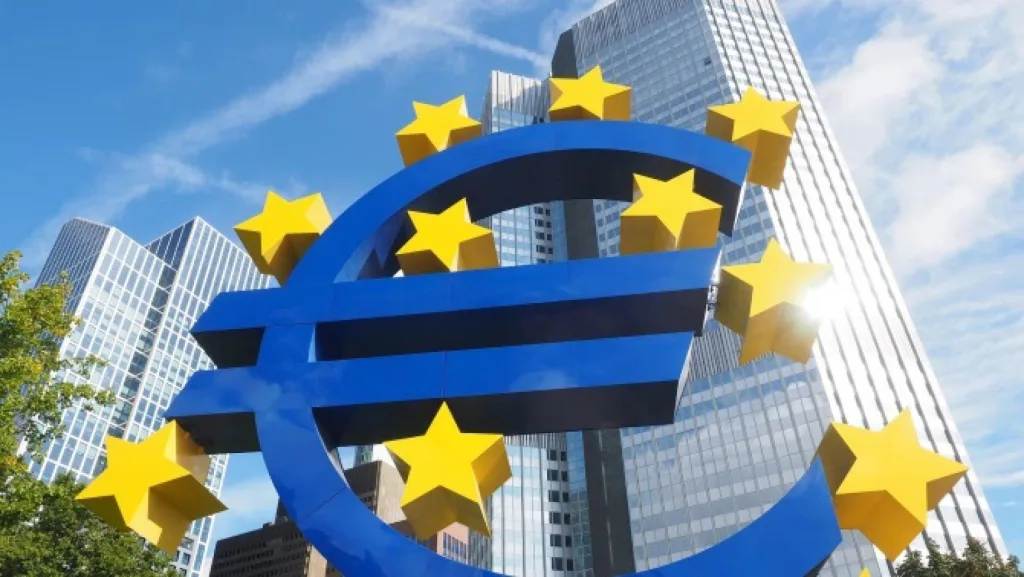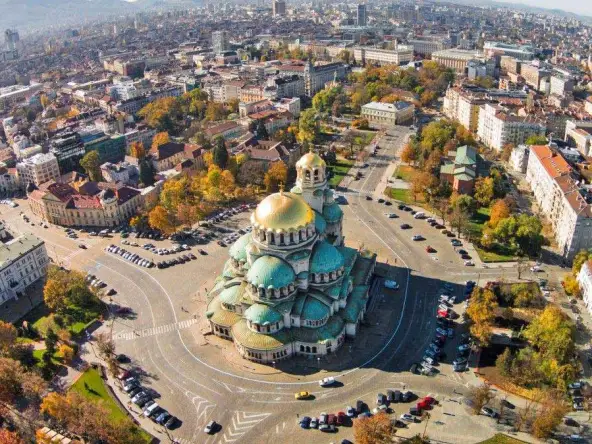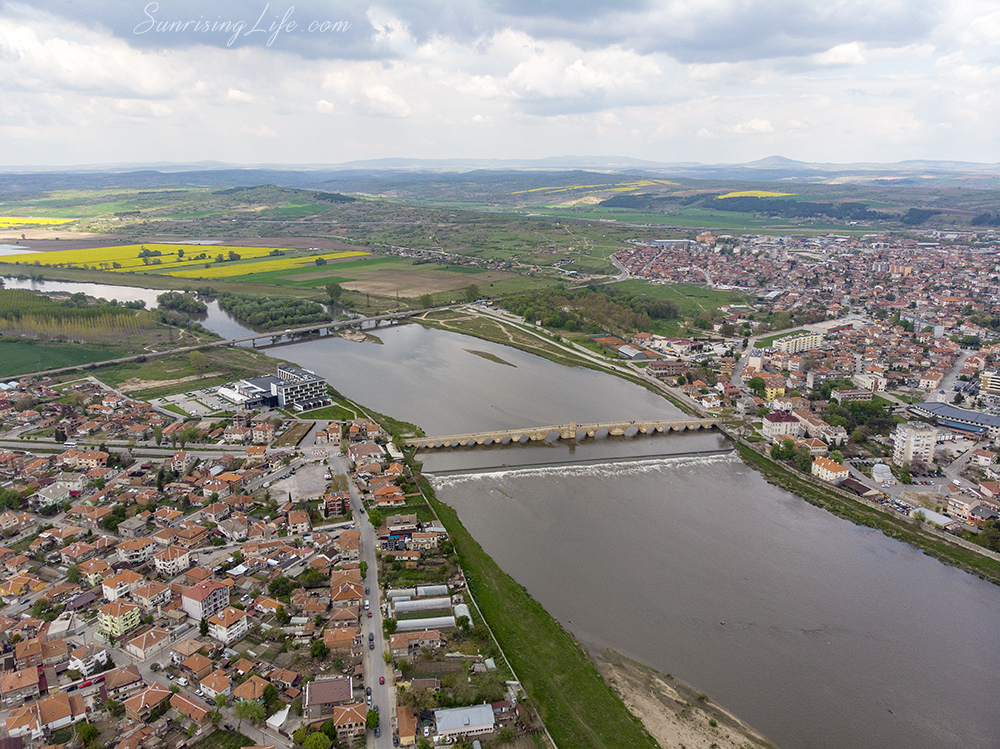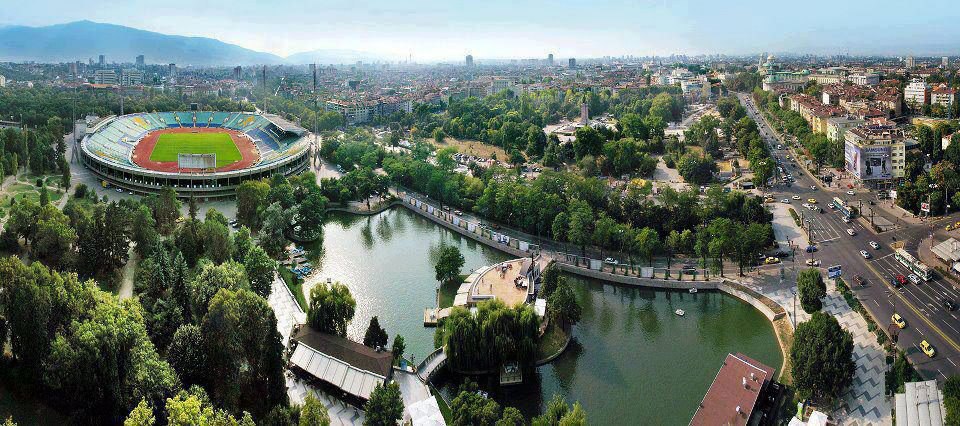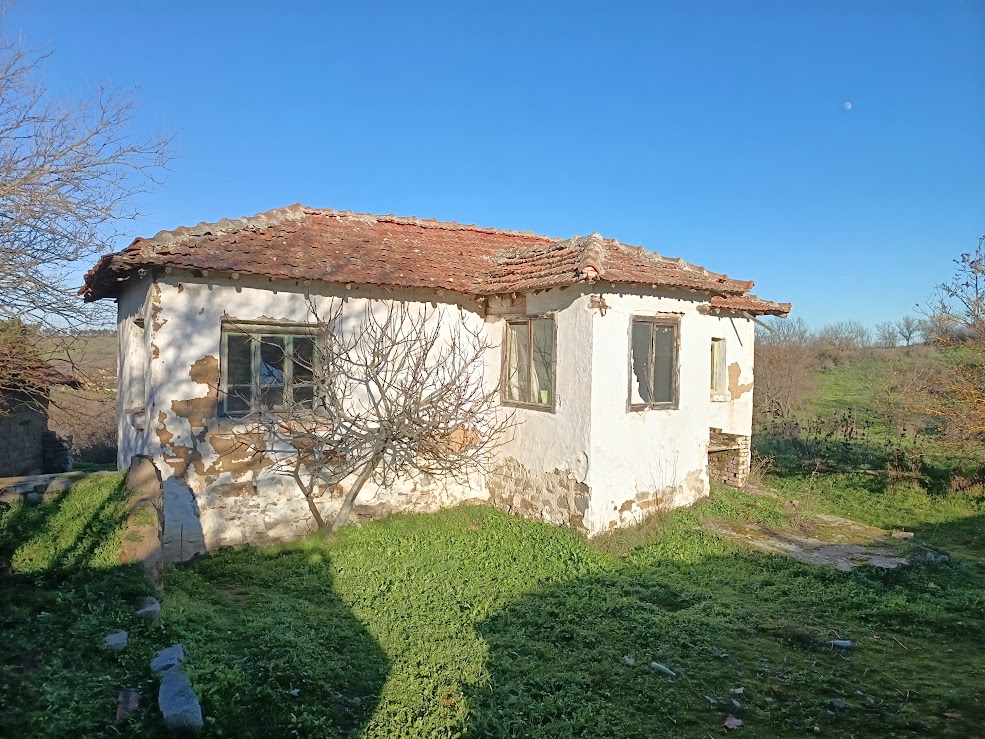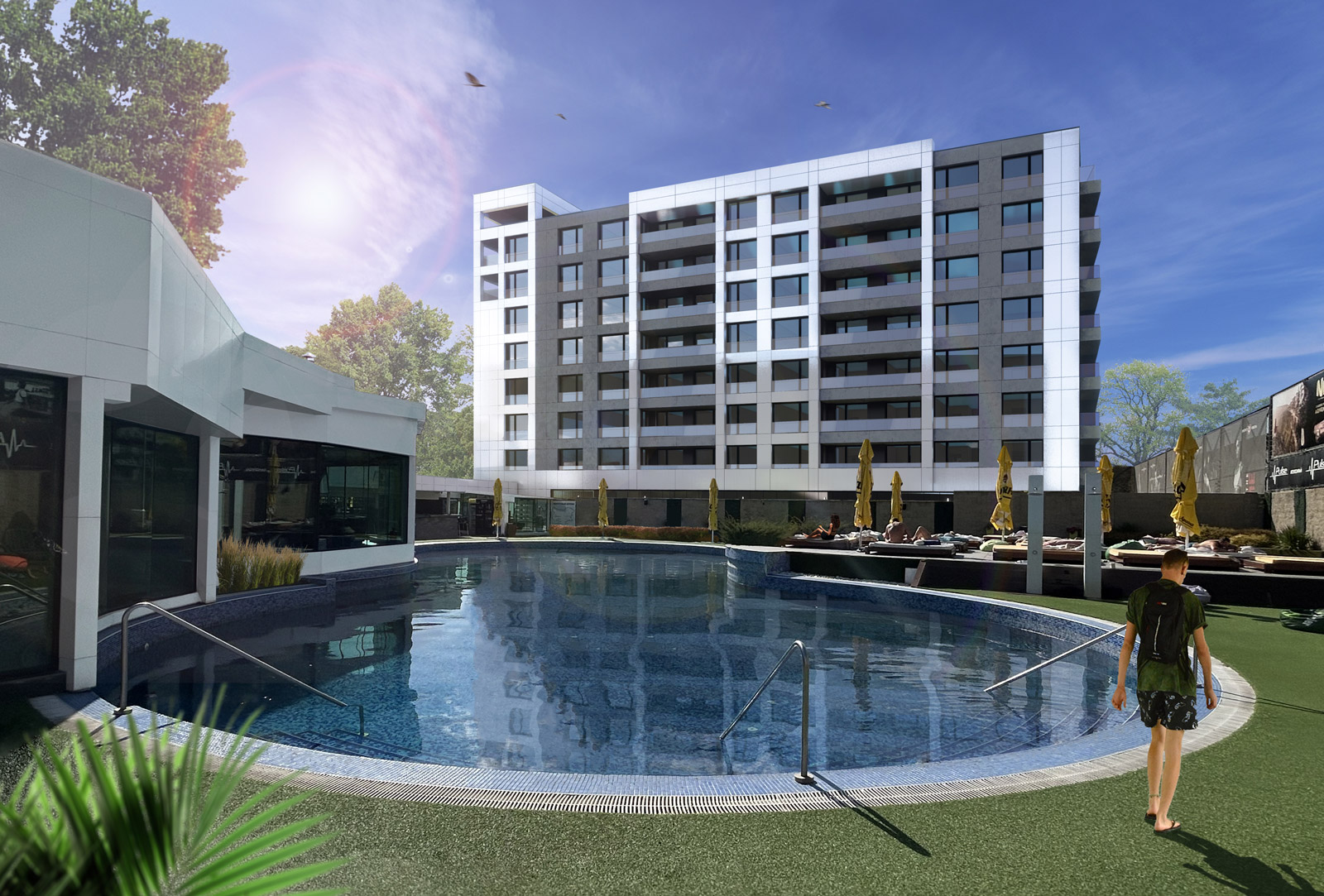How Will Euro Adoption Impact Property Prices in Bulgaria? Experts Weigh In.
The upcoming adoption of the euro in Bulgaria starting January 1, 2026, is stirring debate across society. Beyond political disagreements, many citizens worry about a spike in prices. While the government insists it will prevent speculative hikes and rounding up of prices on everyday goods, there’s one market where regulation has limited influence – the real estate sector. This market operates on the principle of supply and demand, and property prices have surged multiple times over recent years, even though Bulgaria has not yet joined the eurozone. Property deals have mostly been conducted in euros for a long time, but there is concern that joining the eurozone might accelerate the growth in real estate prices.
One argument fueling these worries is the anticipated drop in the mandatory reserves banks must hold at the Bulgarian National Bank, from 12% to just 1%. This change is expected to free up roughly 15 billion leva, which could be used for mortgage lending and potentially inflate the property bubble further.
A recent Bulgarian National Bank report suggests that current real estate prices are about 13.3% above sustainable long-term averages, though a market slowdown is evident. However, economist Stoyan Panchev, co-founder of the Expert Club for Economics and Politics (EKIP), stresses that while lower bank reserves might lead to more lending liquidity, this doesn’t guarantee a price surge. According to Panchev, this additional liquidity could be constrained by rising interest rates 0 possibly through an alignment of Bulgarian rates with those of the European Central Bank or triggered by a recession or financial crisis. Without these checks, increased liquidity might indeed push property prices higher.
Panchev adds that general inflation and price rises are likely after the euro’s adoption, but the real estate market is unique and unpredictable because of these various factors. Mortgage interest rates in Bulgaria are currently very low, but economic principles suggest they may rise to more average levels in time, regardless of euro adoption.
On a different note, Ivan Velkov, from the Bulgarian Industrial Chamber and vice president of the World Council of Experts at the International Federation of Real Estate Specialists, believes that the speculative increase in property prices has already been absorbed by the market. He argues that the euro adoption itself will not accelerate or slow down property price trends, which are primarily shaped by internal economic conditions. Velkov highlights that inflation, both in Bulgaria and across the EU, is the key factor influencing real estate prices continent-wide – calmer inflation means steadier price growth everywhere.
Velkov also downplays the impact of the 15 billion leva that banks might gain from lowered reserve requirements. Compared to the total value of Bulgaria’s building stock, which runs into hundreds of billions, this sum is relatively insignificant and unlikely to sway the market dramatically. Instead, he points to government investments, such as road construction and grants, as more powerful drivers that funnel money into real estate and push prices up.
Whether prices will climb faster following euro adoption remains uncertain. For now, the property market is still growing, but at a slower pace. Panchev notes that the rapid price increases seen in recent years cannot continue indefinitely, as the market is approaching levels last seen before the 2008 financial crisis. Velkov, meanwhile, foresees a shift in market dynamics, with modern and quality construction becoming essential. Sellers who fail to meet these standards may find it increasingly hard to sell their properties.
Source: BNR

